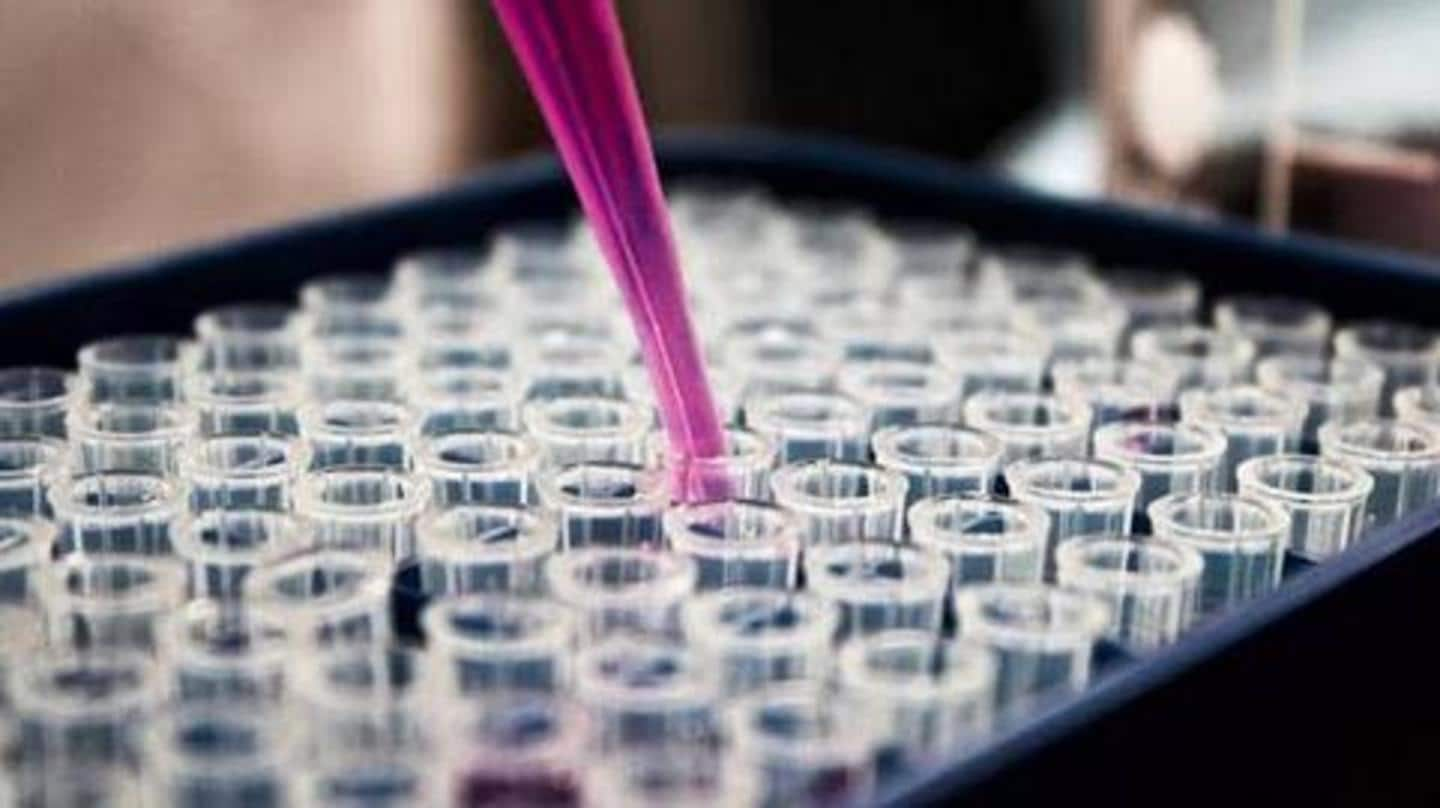
These drugs are in use for COVID-19 treatment in India
What's the story
India has opened up, but the pandemic is not slowing down.
There have been more than 4.5 lakh infections and 15,000 deaths and the daily increase in cases is only growing bigger with time.
But, the good news is, certain drugs, originally made for other diseases, have shown some promise in helping the infected patients recover.
Let's take a look at them.
Drug #1
Favipiravir from Glenmark Pharmaceuticals - Approved for emergency use
Mumbai-based Glenmark Pharmaceuticals has been approved to market and sell oral medication Fabiflu for the treatment of mild to moderate cases of COVID-19.
The anti-viral drug is a re-purposed, generic version of Favipiravir, an influenza medicine widely being used to treat coronavirus worldwide.
It comes at Rs. 3,500 for 34 tablets of 200 mg each but will not be sold without medical prescription.
Drug #2
Remdesivir variants from Cipla, Hetero - Approved for emergency use
Pharma giants Cipla and Hetero have announced their own generic variants of anti-viral drug Remdesivir, originally created for Ebola but proven effective in COVID-19 treatment, for the recovery of mild coronavirus cases.
Hetero's version, dubbed Covifor, will be priced around Rs. 5,000-6,000 per vial, while the price of Cipla's Cipremi will reportedly be under Rs. 5,000.
Both the drugs will be administered via injection.
Other companies
Other pharma companies may also launch versions of Remdesivir
Along with Cipla and Hetero, Mylan, Jubilant Lifesciences, Dr. Reddy's Laboratories, Syngene, and Zydus Cadila are also working to manufacture Remdesivir's generic variants in India.
In US trials, the drug reduced the recovery time of COVID-19 patients by 4 days. However, in India, it is not recommended for people with severe renal impairment, kids aged below 12, or pregnant and lactating women.
Other drugs
Other potential treatments being explored
Among other treatments, doctors are also exploring Tocilizumab, an immunosuppressant for treating rheumatoid arthritis, and Itolizumab, a drug for skin disorder psoriasis, rheumatoid arthritis, multiple sclerosis, and other autoimmune disorders.
However, these drugs have not been approved for COVID-19 treatment yet; their efficacy is still being assessed through clinical trials in Mumbai, Delhi, and other Indian cities.